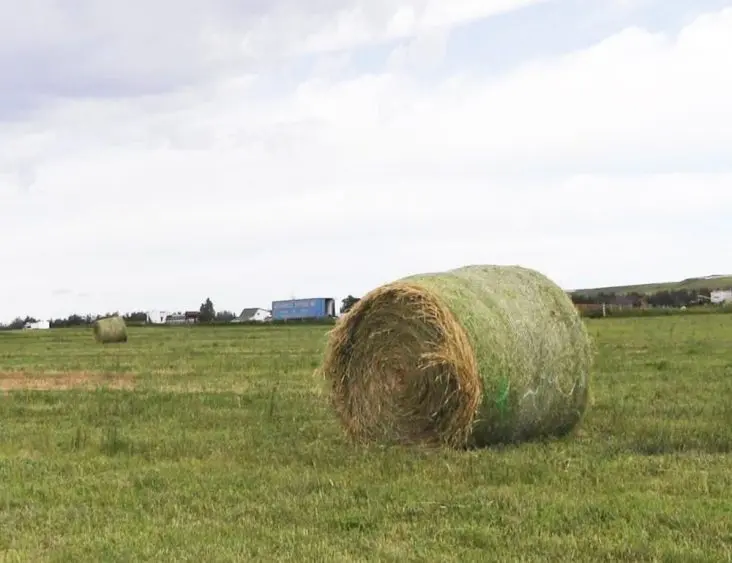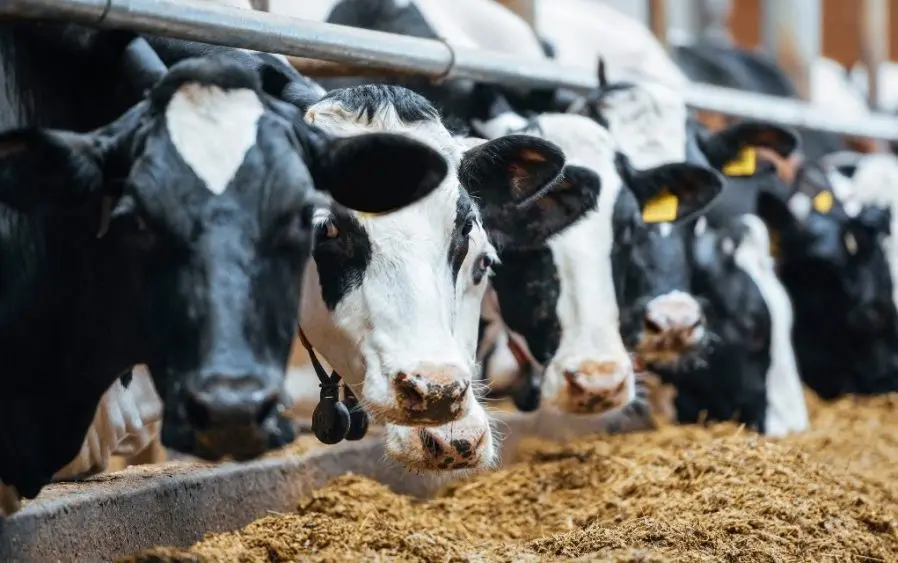
(Des Moines, IA) — A bill restricting the use of eminent domain for carbon capture pipelines is being vetoed. Iowa Governor Kim Reynolds argued the bill, House File 639, would threaten the state’s energy reliability, economy, and reputation. She vetoed the proposal on Wednesday, as landowner groups and state lawmakers have voiced frustrations with her decision.
Many biofuel and related groups say the bill would make it nearly impossible to build new carbon storage and transport infrastructure in Iowa, ultimately denying ethanol producers and their farm partners access to new energy markets. Iowa House Republicans have already called for a special legislative session to override the veto by Governor Reynolds.
Growth Energy, the nation’s leading biofuel trade association, praised Governor Reynolds for her veto.
“We’re deeply grateful to Governor Reynolds for having the conviction to stand up for rural jobs and preserve opportunities for future generations of Iowa farmers,” said Growth Energy CEO Emily Skor. “Carbon capture allows farmers and producers to accelerate investment in U.S. energy innovation and tap into growing markets around the world. These projects add value to every bushel of corn and provide a vital lifeline to our farmers in uncertain times. We look forward to working with our elected leaders to find a balanced policy solution that allows our industry to remain competitive and protects the billions of additional dollars these projects could deliver for farmers in Iowa and across the heartland.”
Tom Buis, CEO of the American Carbon Alliance (ACA), released a statement saying in part that “Governor Kim Reynolds has once again proven she’s an unwavering champion for Iowa’s farmers and ethanol producers, standing tall as a national leader in defending rural America and advancing its full economic potential. Her bold veto of HF 639 is a clear victory for Iowa’s agricultural heartland, farmers, and the ethanol industry. It sends a strong message rejecting the misguided efforts of environmental extremists who pushed this legislation. These groups have done everything in their power to undermine agriculture, ethanol, and America’s energy dominance with their anti-ag, anti-ethanol, and anti-energy agenda.”
Buis added that “Farmers and ethanol producers deserve thriving, open markets, not activist government that changes the rules in the middle of the game. Governor Reynolds’ steadfast leadership protects their ability to compete in the global demand for low-carbon ethanol and sustainable aviation fuel, fueling prosperity across Iowa’s rural communities.”
POET, the world’s largest producer of biofuels, applauds Governor Reynolds for her veto of House File 639 as well in a statement on Wednesday.
“Thank you, Governor Reynolds, for your steadfast support of family farms and bioethanol producers,” said Jeff Broin, POET Founder and CEO. “At a time when commodity prices are low, these CO2 investments will expand market access for Iowa corn, biofuels, and bioproducts across the globe, increasing the value of every bushel of corn and every acre of Iowa cropland. This decision will bring benefits to Iowa farmers for generations to come.”
Meantime, the Iowa Cattlemen’s Association appreciates the work and consideration of our elected officials on this legislation, and remains fundamentally opposed to the use of eminent domain for private entities.
“The Iowa Cattlemen’s Association will always vigorously fight for our rights as landowners,” stated Rob Medberry, ICA President. “We appreciate the Legislature’s work to support private property rights, and share the Governor’s goal to protect landowners. We look forward to continued work on this issue.”
Iowa cattlemen support federal and state legislation that prevents government entities from taking private property through the eminent domain process for the purpose of conveying that property to other private individuals or entities. The Iowa Cattlemen’s Association is committed to working with the Governor and Legislature to strengthen eminent domain laws. We will relentlessly advocate on our members’ behalf for their rights as private property owners.



